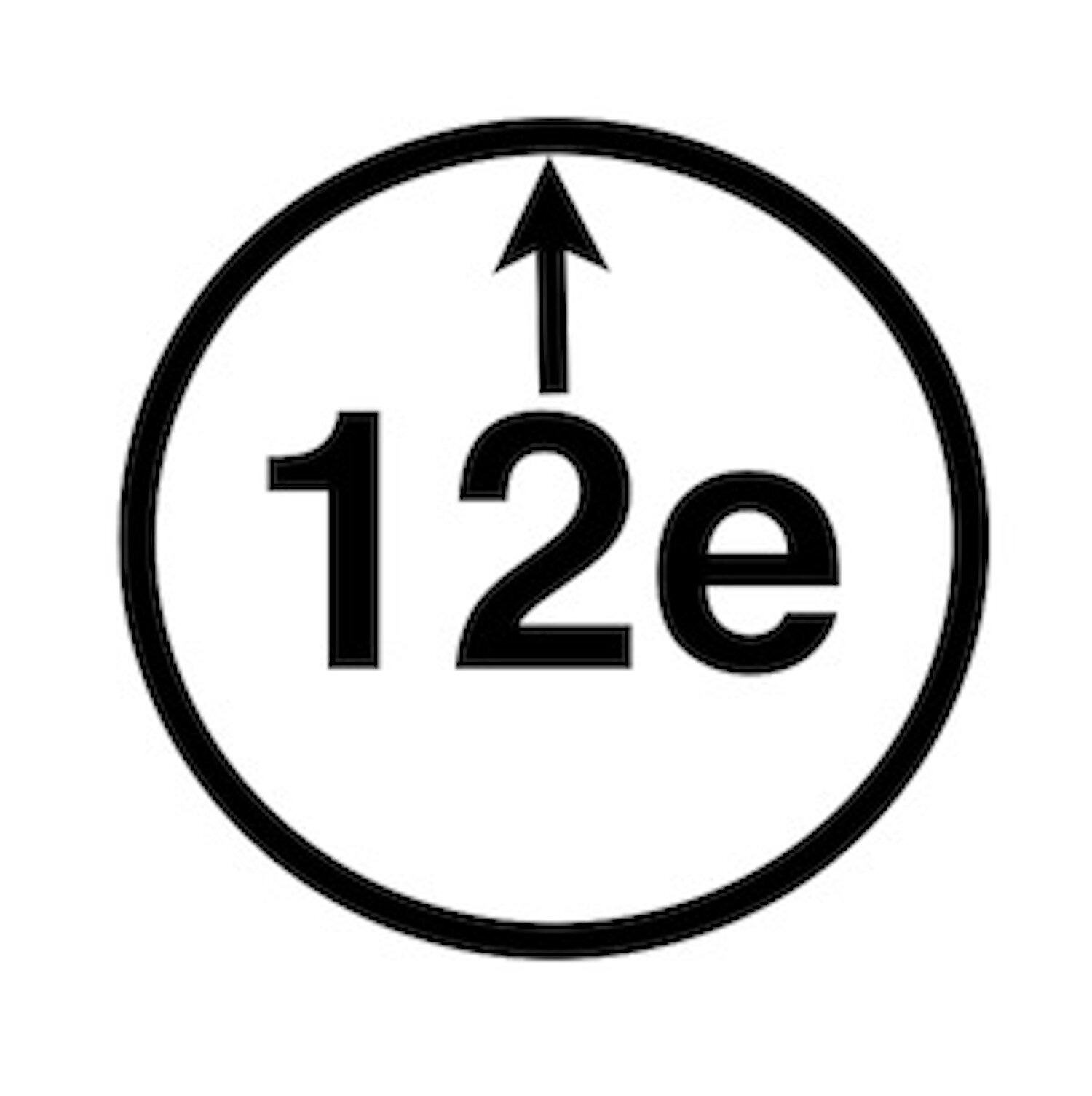Measuring Faith
How much faith is enough? We read Jesus telling his disciples that if they have faith they will be able to move mountains (Matthew 17:20). Wouldn’t that be a cool power to have? We read of the disciples trying to cure someone and unable to because they do not have enough faith, suggesting that if we did have enough faith we would be able to cure the sick (Matthew 17:14-18). If we just had enough faith we would be able to do amazing things, we would be able to change people’s lives. Or at least that is what many of us are at time led to think.
How much faith is enough? As a pastor I am constantly put in a place where it is assumed that I have a deep and profound faith, otherwise why would I be in this profession. It is as if there is an assumption that I must believe beyond a shadow of a doubt in everything there is to believe about God, Jesus, the Bible and all else that you can imagine. There is an assumption that clergy are endowed with an extra strong faith giving them the ability to preach every week, spend hours in prayer, cure the sick, know the Bible backwards and frontwards, and have all the answers to all your deep questions (maybe we should start wearing a cape instead of a collar). Our faith, the faith of the clergy, is supposed to be enough.
Yet it isn’t. As I have written elsewhere, I have moments of doubt, I wrestle with some of the basic tenants of what it means to be a Christian, and I know people, people I have worked with in congregations that seem to have a much deeper and stronger faith than I do. Especially when sitting with people in pain, anguish, and loss, I wonder if my faith is enough.
How much faith is enough? Perhaps we have to start with realizing that when facing tragedy, difficulty, and pain there is never enough. When wrestling with difficult decisions, with the unknown, with death, there is never enough. In fact, it may be the act of making space for the doubt that could save us in those moments of anxiety and loss. The most steadfast faith could crack and break under a great amount of pressure and if we have been working to build a faith with a certainty that has no room for bending or questioning, then the break may be more than we can endure. The doubt can offer give, flexibility to our faith. Some doubt can be helpful just as faith is helpful, but how much faith (or how much doubt) would be enough. Perhaps it is not about how deep or steadfast our faith might be. Instead it may be about our commitment to faith. It may not be exactly what we believe and how strongly we believe it, but how committed we are to the basics of our faith.
When I was ordained into the ministry I was making a commitment to a faith that I had grown up with. It was a commitment that embraced not only a system of belief, but a way of living and being. Or, as many more published and prolific theologians and philosophers than I would like to say, I have made a commitment to a grammar of being that was steeped in the Christian tradition. That grammar is demonstrated with words and actions and rooted deeply in convictions. Those convictions are where the commitment, at its root, is made and lived. The convictions are those things that shape the rest of my life, the ways that I live and be a pastor and a Christian. For example, the conviction that God is love and is about a relational love which I know and see through the person and ministry of Jesus Christ is a basic part of the commitment of faith that I have made. I try to live out that conviction in my relationships and try to keep it as a foundation to who I am as a Christian. When I face trouble, distress, and tragedy some of the other tenants of faith fall away, but that commitment I have made to that conviction carries me through. It is not so much a matter of believing, but of being committed to the actions of belief that gets me through each day. I go to worship and I offer prayers because I believe the act of doing so are powerful, significant, and meaningful despite where I am with my faith. I do not need to be committed to the ancillary things but only those things that are central and the most important. I do not worry so much about how much faith I may or may not have, but instead about the commitment and the strength of the commitment I have made to my faith community and tradition.
So I do not think about how much faith I might have, but rather the depth of the commitment to my convictions of faith. And when we are in the storms of life, when the mountain of doubt looms, that commitment to the convictions can offer us safe passage and (metaphorically) will move mountains. And that might be enough.
